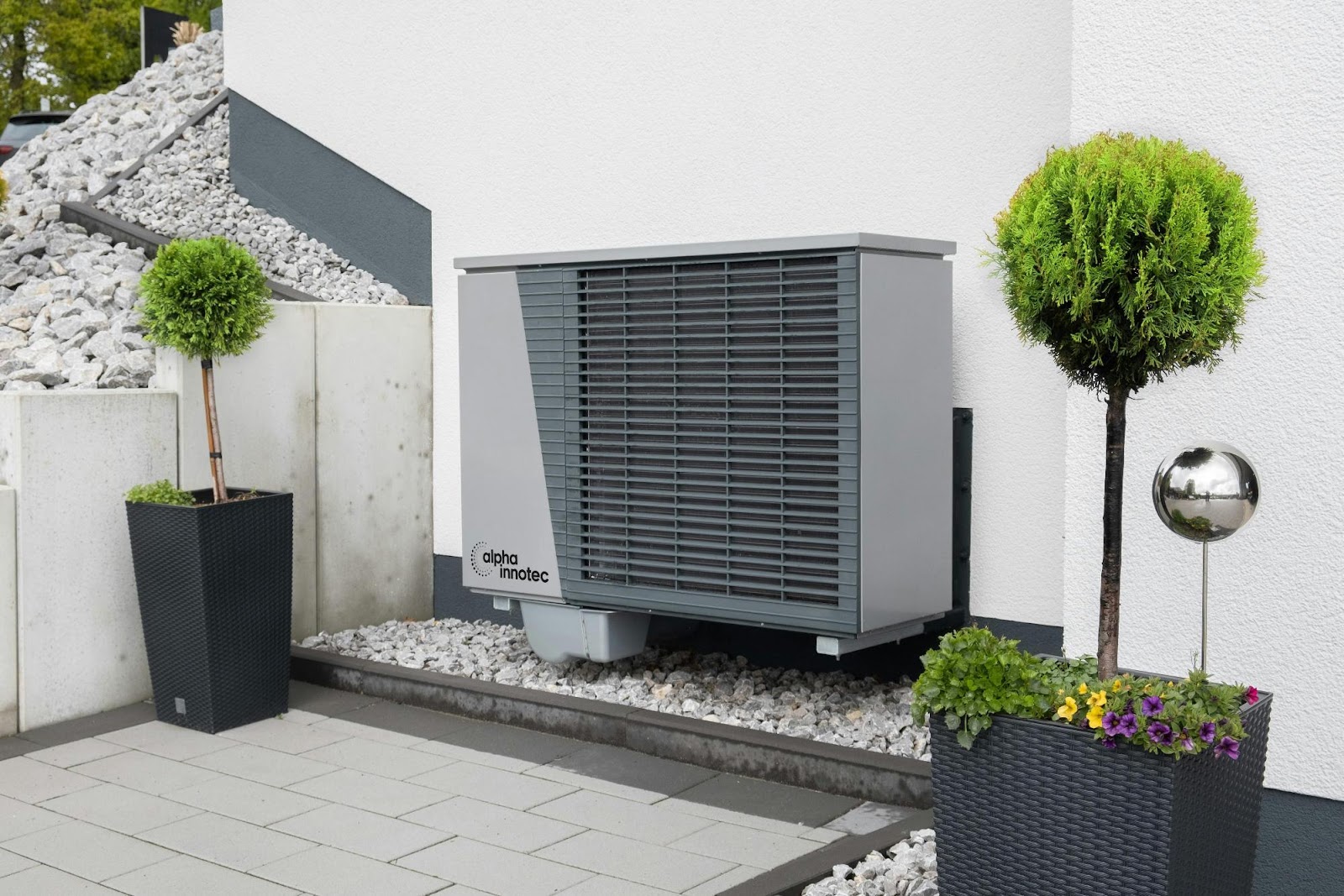Heating, Ventilation, and Air Conditioning (HVAC) systems keep living and working environments comfortable. HVAC systems control the indoor climate, including temperature, airflow, and moisture. A typical system comprises a furnace, an air conditioning unit, and ducts that distribute conditioned air throughout a building.
These systems need to be maintained regularly to promote efficiency and longevity. It includes cleaning or changing the filters, testing the cooling and heating coils, and ensuring the ducts are not clogged. Ignoring these fundamentals can reduce efficiency, increase energy bills, and cause premature equipment breakdown.
Table of Contents
Common Air Conditioning Repair Issues
Specifically, air conditioning units are prone to several problems during peak use in the summer months. One problem is that refrigerant leaks can reduce efficiency and harm the atmosphere. Another problem is thermostats, which malfunction and lead to uneven temperatures.
A third problem is dirty or clogged filters, which restrict airflow and reduce system efficiency. Also, physical problems such as faulty wiring or a tripped circuit breaker may affect the air conditioner’s operation. If these problems are not quickly resolved, more damage will be done, and the indoor environment will not be comfortable.
Professional vs. DIY Repairs
If homeowners encounter problems with the HVAC in Surprise, AZ, they may wonder whether to do repair work themselves or seek a professional. However, although DIY approaches can save money, they are usually only good for basic maintenance, such as filter replacement or thermostat adjustments.
More complicated troubles, like refrigerant leaks or electrical faults, require expert skills. These problems can be diagnosed and repaired safely and efficiently by HVAC technicians equipped with the proper tools and knowledge. Furthermore, if done incorrectly, some repairs can damage warranties or even safety.
Preventative Maintenance Strategies
Preventive maintenance is essential to prevent the expensive consequences of unexpected breakdowns. Planning periodic professional inspections can help find problems before they become big ones. These inspections usually involve inspecting system components, cleaning coils and fans, testing the thermostat’s workability, and ensuring correct refrigerant levels.
Homeowners, too, can do their part in preventative maintenance by changing air filters periodically and keeping the area around outdoor units clean of debris; they should ensure that vents inside the home are not obstructed.
Why Is Selecting the Right HVAC Contractor So Important?
Finding a qualified HVAC technician is vital to effective repair and maintenance. Choosing the right technician with suitable certifications and experience is of great importance. You can find reputable pros with certifications from institutions like the North American Technician Excellence (NATE) and evidence of quality service.
Also, one must ensure the technician has a license and insurance. This offers protection in case of accidents or damage during the repair process. One can also read reviews or ask for recommendations from friends and relatives to make an informed decision.
Some Last Words on Air Conditioning and HVAC Maintenance
In short, it is important to properly maintain HVAC in Surprise, AZ systems to achieve a comfortable and healthy indoor environment. Knowing the basics of HVAC systems, recognizing common repair problems, and when not to take matters into your own hands are things that every homeowner needs.
Besides extending the system’s life, regular maintenance and prompt repairs can also improve efficiency and economy over the long term. With a careful selection of professionals and proper prevention, homeowners can reap the rewards of an HVAC system that always functions at its best.





